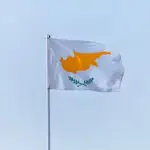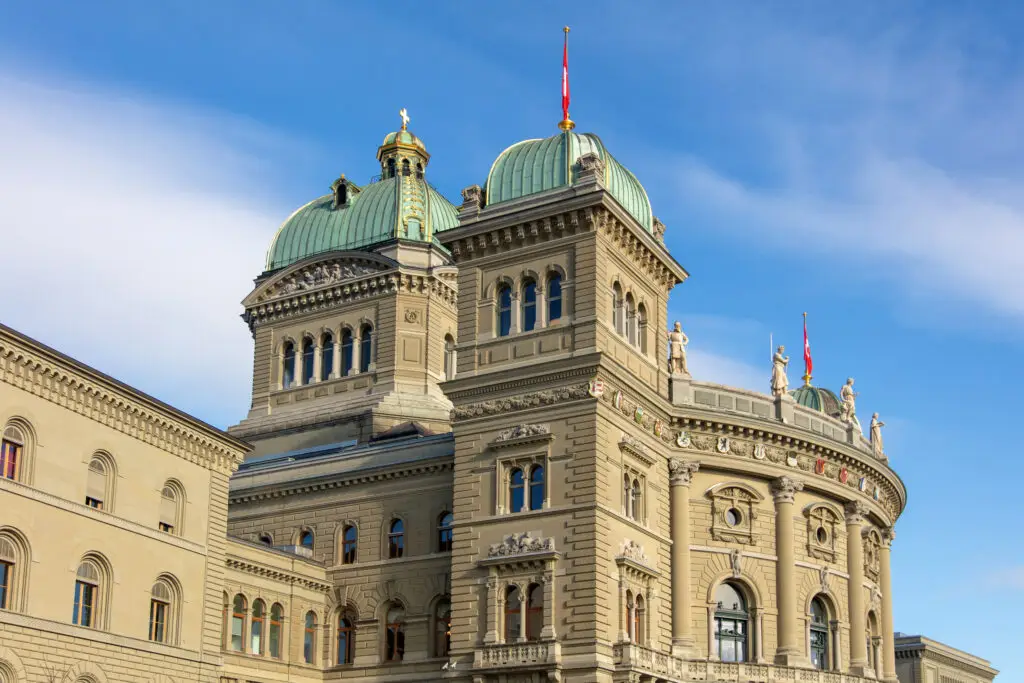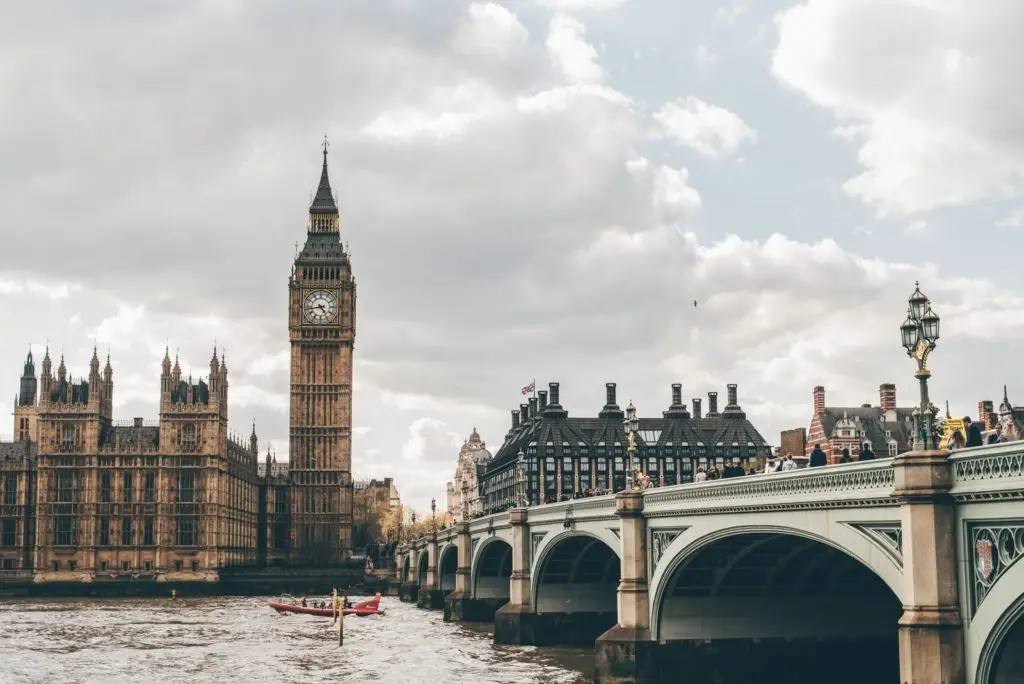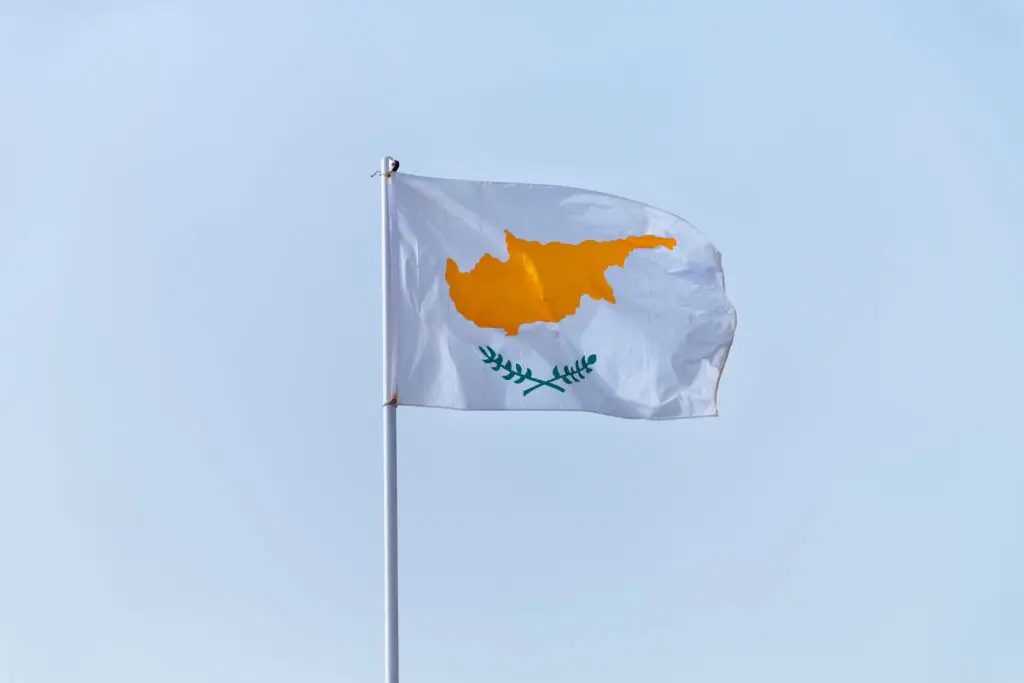Bahamas announces top-up corporate income tax
Weeks after rejecting an IMF call to implement a personal income tax on its citizens, The Bahamas has announced plans to introduce a corporate top-up income tax. In his midterm budget communication to the nation, Prime Minister Philip Davis stated that the country is moving towards implementing the Qualified Domestic Minimum Top-Up Tax (QDMTT). The tax will target only multinational companies earning over € 750 million (US$812.23 million) annually, aiming to generate US$140 million yearly.
“We are talking about large corporations, not small businesses. The QDMTT is a way to make sure these huge companies pay at least a minimum amount in taxes on their profits in every country where they do business,” said Davis.
The 15% tax is one of the controversial recommendations from the Organization for Economic Cooperation and Development’s (OECD) ‘Pillar Two tax framework’, which calls for a common global approach to taxing large multinational companies.
“We have two interrelated goals, to make sure The Bahamas captures the tax revenues of these huge multinationals doing business here, and to use the fiscal space created by the new revenue to, among other things, provide substantial relief for Bahamian taxpayers,” explained the Prime Minister.
He argued that if The Bahamas opts not to levy the tax, other jurisdictions would do so.
“May I add here, Madam Speaker, that if we do not implement this Pillar Two tax on that multinational entity that is doing business in The Bahamas; if we don’t collect it here, they’ll have to pay that same tax in their home jurisdiction, and many of the multinationals doing business here prefer to pay us,” asserted the Prime Minister.
“We ought not to allow that opportunity to pass because they have to pay it anyhow. Why should they not pay it in the jurisdiction in which they are operating?” he asked.
Davis insisted that his government would not implement an income tax for domestic companies whose revenues exceed a particular threshold, at least in the near term. He, however, added that if such a tax were to be introduced, they would follow a “more equitable approach for Bahamian businesses”.
In an interview with the Tribune, Financial Secretary Simon Wilson admitted that the government does not currently have precise data on the number of Bahamas-based firms affected by the tax, but said that it is expected to be a relatively small figure.
Probable candidates include major hotels and resorts like Atlantis (Brookfield), Baha Mar (Chow Tai Fook Enterprises), Sandals, RIU, and Warwick, all part of international chains. Additionally, Canadian-owned banks such as Royal Bank of Canada, CIBC, and Scotiabank, along with several operators in the international financial services sector, are also speculated to qualify.
The Tribune noted that entities like the Bahamas Telecommunications Company (BTC), affiliated with Cable & Wireless Communications (CWC) and Liberty Latin America, as well as Commonwealth Brewery, primarily owned by Heineken, and major oil companies like Rubis and Esso (Sol Petroleum), might also fall under the tax’s purview.
Some were surprised when the Prime Minister revealed that the Bahamas GOV has already done significant work to advance the plan to introduce the tax in a relatively short period of time.
“We have issued a consultative green paper on corporate income tax strategies for The Bahamas, and engaged in extensive bilateral discussions with various in-scope companies for Pillar Two in our jurisdiction,” said Davis on local sensitization efforts.
He also said that the local tax authorities have engaged with international institutions such as the IMF to help guide what will likely be a relatively complicated implementation exercise.
“During the first two weeks of February, policymakers and our technical teams participated in a workshop facilitated by the IMF to discuss policy design elements that would inform the legislative drafting exercise,” revealed Davis.
The government aims to complete a draft of the new income tax legislation by May 2024, ahead of the 2024/2025 budget presentation. In the meantime, the Davis Administration has been exploring ways to have the tax accrue until the required law is passed.
“We have been advised that the retroactive implementation of taxes is not that uncommon in the developed world, and that these large companies who will be impacted would also be aware of it, and there are certain benefits to that approach,” said Financial Secretary Wilson, even as he conceded that work on designing the accrual mechanism remains “a work in progress”.
This is a lead article from Caribbean Insight, The Caribbean Council’s flagship fortnightly publication. From The Bahamas to French Guiana, each edition consists of country-by-country analysis of the leading news stories of consequence, distilling business and political developments across the Caribbean into a single must-read publication. Please follow the links on the right-hand side of this page to subscribe, or access a free trial.
Source & Copyright: Caribbean Insight, Caribbean Council; Photo: 123rf.com





